Israel-Iran-Hezbollah conflict updates: ‘Ongoing threat’
Israel’s army chief has vowed to keep hitting Lebanon’s Hezbollah in a bid to do “continual damage... without respite” as the attacks on both sides escalate.
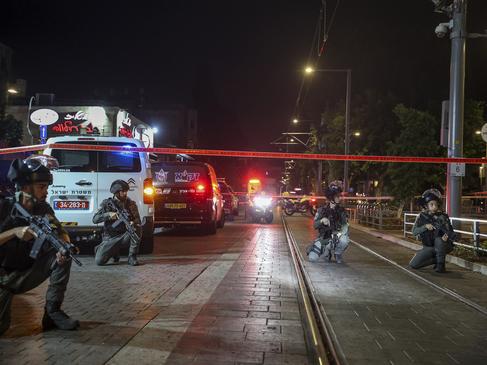
Israel has conducted renewed air strikes on the Lebanese capital Beirut, causing multiple explosions in its southern suburbs. Civilians in the area were warned to move clear of specific buildings before the strikes.
Israel’s army chief Herzi Halevi on Saturday vowed no let-up in the military’s battle against Lebanon’s Hezbollah movement. “We must continue to apply pressure on Hezbollah and do additional and continual damage to the enemy, without concessions and without respite”, Lieutenant General Halevi said in a statement.
Concerns continue to grow of further escalation between Israel and Iran, which backs both Hezbollah in Lebanon and Hamas in the Gaza Strip.
Earlier this week Iran launched 200 ballistic missiles into Israel. The rockets were mostly shot out of the sky by Israel’s Iron Dome anti-missile defense system.
The fighting between Hezbollah and Israel has since intensified with ground incursions by Israeli troops in southern Lebanon earlier this week.
Some 1,110 people have died in Lebanon and hundreds of thousands have fled their homes because of the fighting.
Follow for updates on the Middle Eastern conflict.
‘440 terrorists’: Israel’s huge claim
Israel claimes to have killed at least 440 Hezbollah operatives since the start of ground operations on Monday.
IDF Chief of Staff Lt. Gen. Herzi Halevi said in a statement that Israel “must continue exerting pressure on Hezbollah and creating additional and lasting damage to the enemy. Without relief and without allowing a respite for the organisation.”
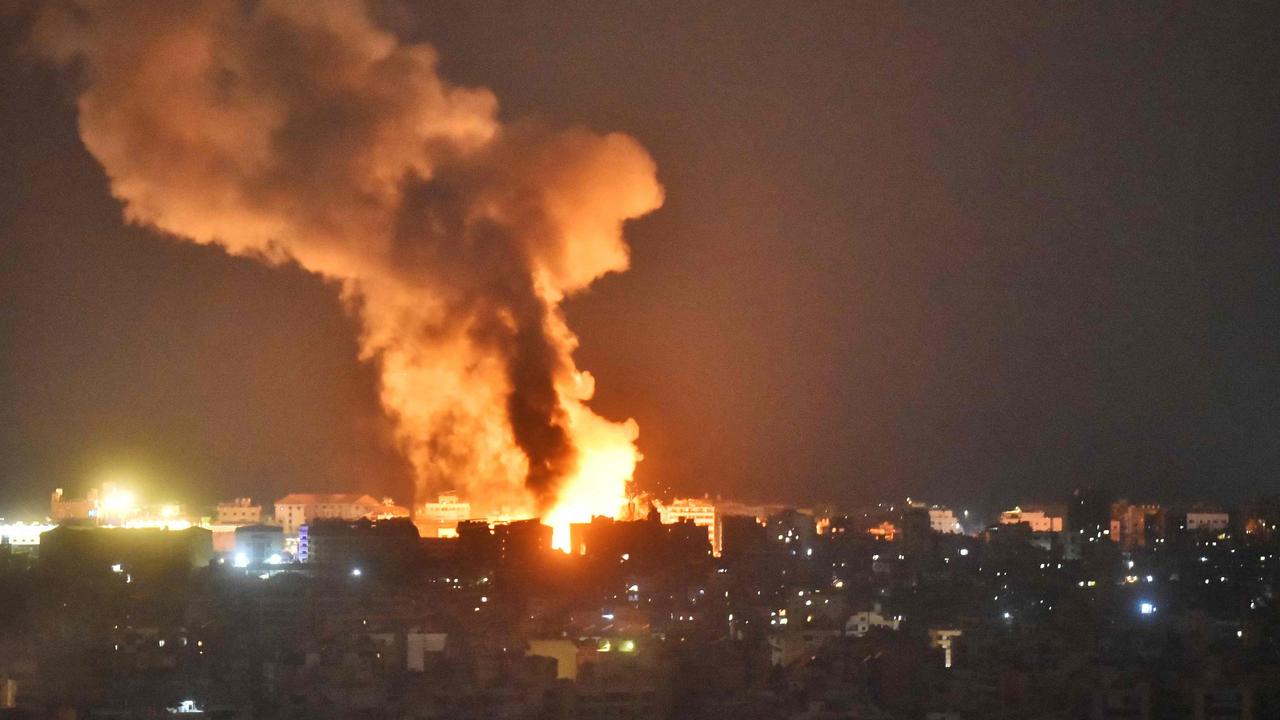
Ireland calls Israeli demand to move UN troops ‘outrageous’
The president of Ireland on Saturday sharply criticised Israel’s demand that UN peacekeepers leave their positions in southern Lebanon.
“It is outrageous that the Israeli Defence Forces have threatened this peacekeeping force and sought to have them evacuate the villages they are defending,” President Michael Higgins said in a statement.
“Indeed, Israel is demanding that the entire UNIFIL (United Nations Interim Force in Lebanon) operating under UN mandates walk away.” Ireland accounts for 347 of the 10,000 soldiers serving in the UNIFIL forces, which are charged with maintaining peace in the south of Lebanon.
Earlier Saturday, UNIFIL said it had rejected Israeli demands that it “relocate” some positions ahead of Israeli ground operations against Lebanese militant group Hezbollah.
Higgins called the demand “an insult to the most important global institution”.
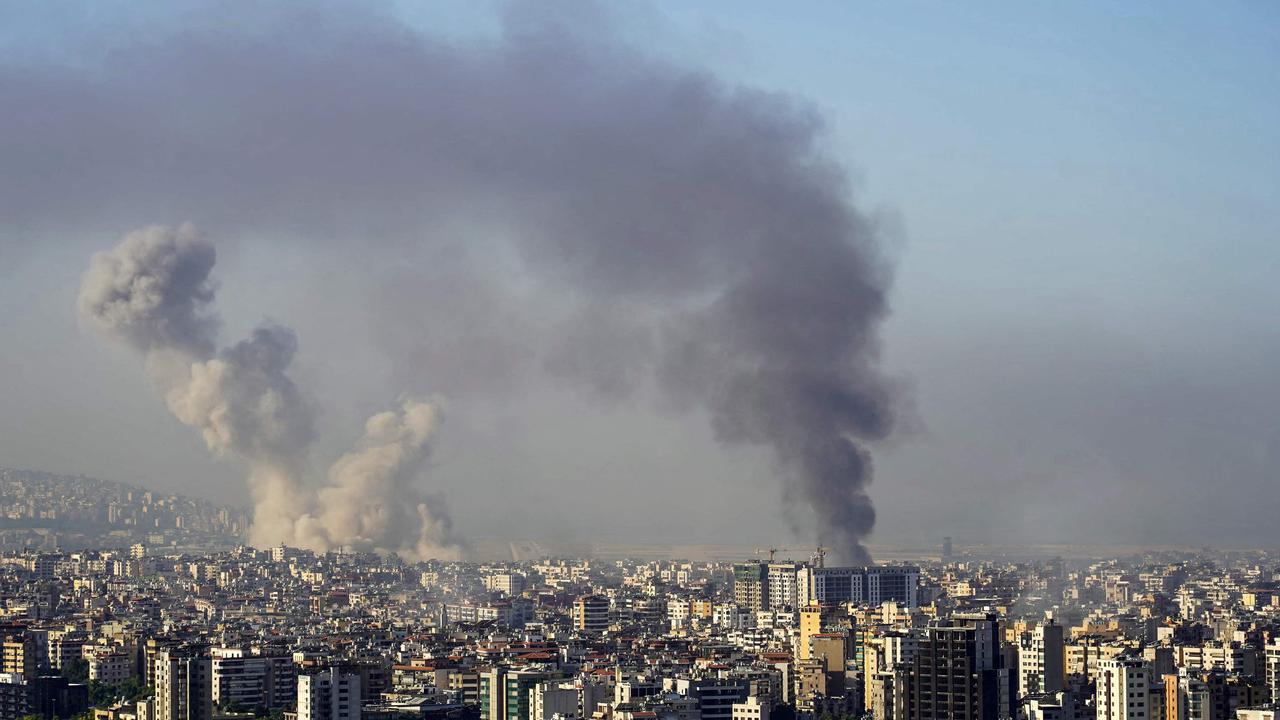
Macron says 88 countries call for ‘immediate’ ceasefire in Lebanon
The 88 members of the International Organisation of La Francophonie (OIF), including France and Canada, call for an “immediate and lasting” ceasefire in Lebanon, French President Emmanuel Macron said on Saturday.“We have unanimously expressed ourselves in favour of an immediate and lasting ceasefire and have stated our commitment to de-escalating tensions in the region,” Macron told reporters at the end of a “Francophonie” summit, adding France would hold an international conference in support of Lebanon in October.
Iran ‘ongoing threat’ to Israel, says president
Israeli President Isaac Herzog said on Saturday that Iran remains an “ongoing threat” to Israel, a year after the unprecedented October 7 attack by Hamas militants.“In many senses we are still living the aftermath of October 7... It is in the ongoing threat to the Jewish State by Iran and its terror proxies, who are blinded by hatred and bent on the destruction of our one and only Jewish nation state,” Herzog said in a statement to mark the first anniversary of the Hamas attack on Israel.
“Our wounds still cannot fully heal because they are ongoing. Because hostages are still being tortured, executed, and dying in captivity.”
Israel military official says ‘preparing response’ to Iran attack
An Israeli official told AFP on Saturday that the military is “preparing a response” to the Iranian missile barrage that targeted Israel earlier this week.
“The IDF (Israeli military) is preparing a response to the unprecedented and unlawful Iranian attack on Israeli civilians and Israel,” the military official said on condition of anonymity as he was not authorised to speak publicly on the issue.
He did not elaborate on the nature or timing of the response.
Israel’s left-leaning newspaper Haaretz, quoting the military, reported that the military’s response will be “significant”.
“The IDF is preparing for a significant strike in Iran following this week’s missile attack from Tehran,” the newspaper reported.
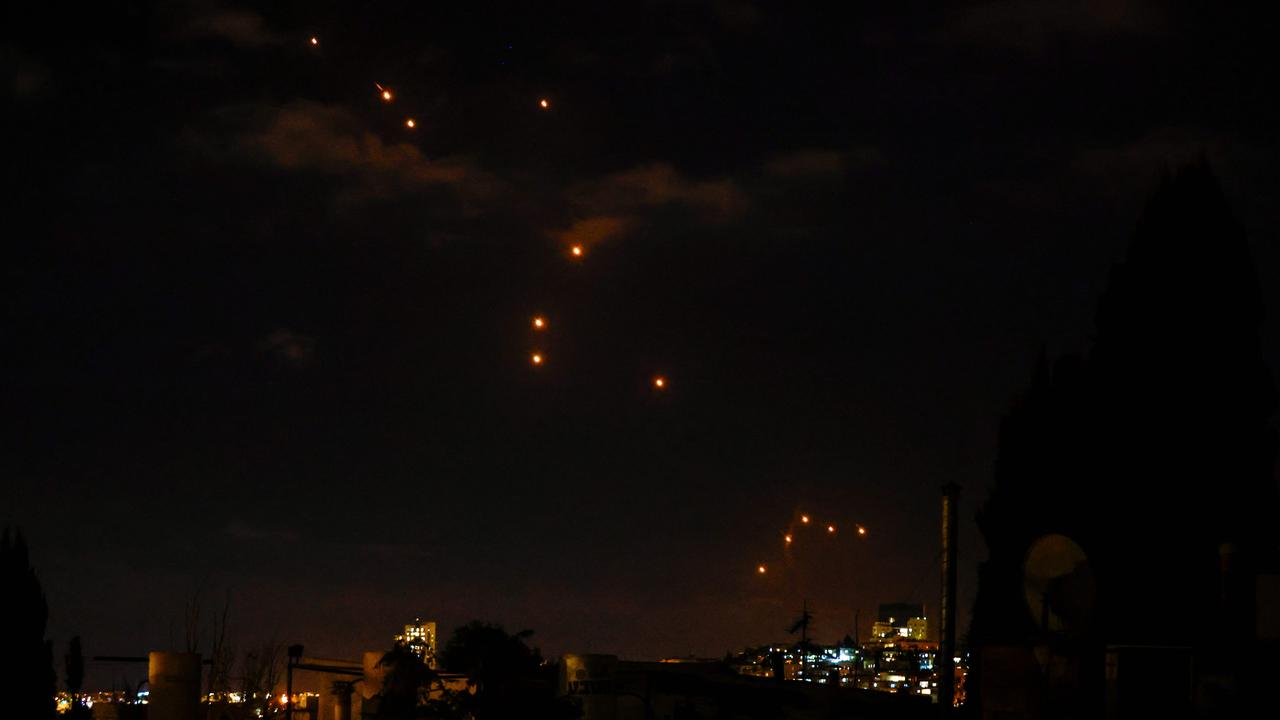
“The military does not rule out the possibility that Iran may launch missiles at Israeli territory again after the Israeli attack,” it added.
On October 1, Iran launched around 200 missiles at Israel, its second direct attack on the country in less than six months.
Most of the missiles were intercepted by Israel’s aerial defence system, while some hit military bases but did not cause major damage or casualties.
Iran said the missiles were launched to avenge the assassination of Hezbollah chief Hassan Nasrallah who was killed by an Israeli air strike in the Lebanese capital on September 27.
Iran’s missile attack was also in response to the death of the former political head of Hamas, Ismail Haniyeh, who was killed in Tehran on July 31.
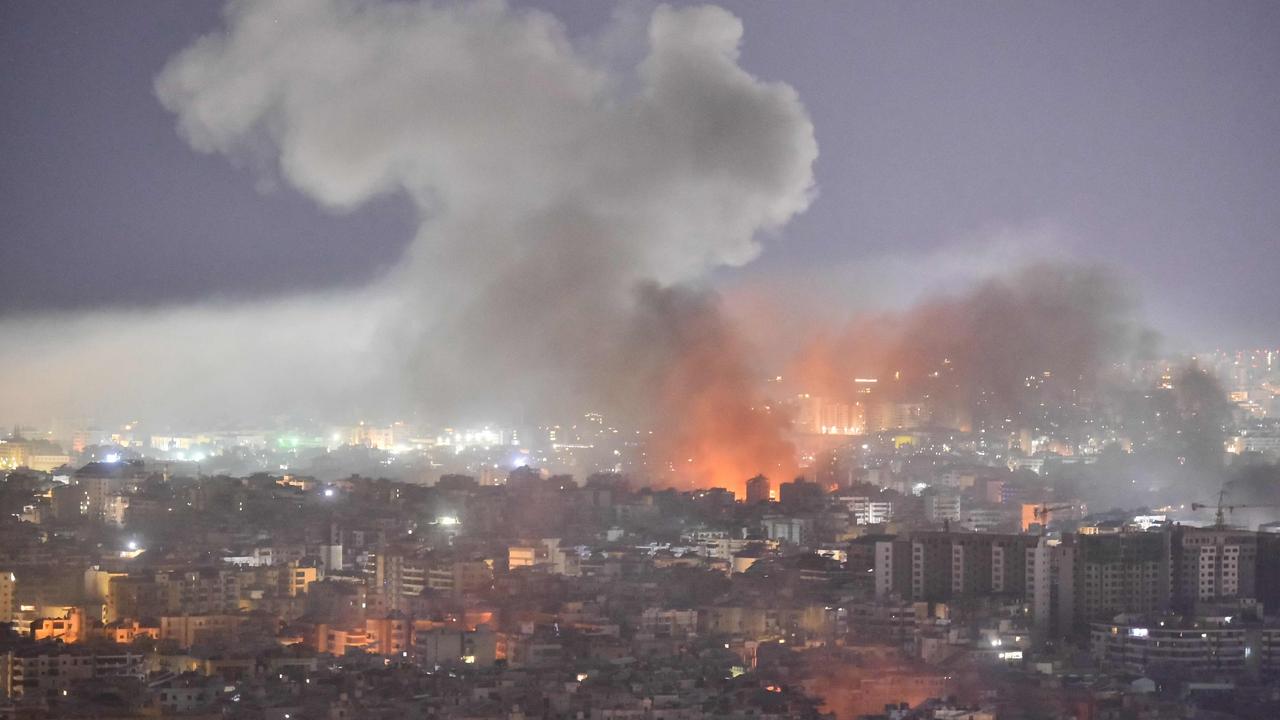
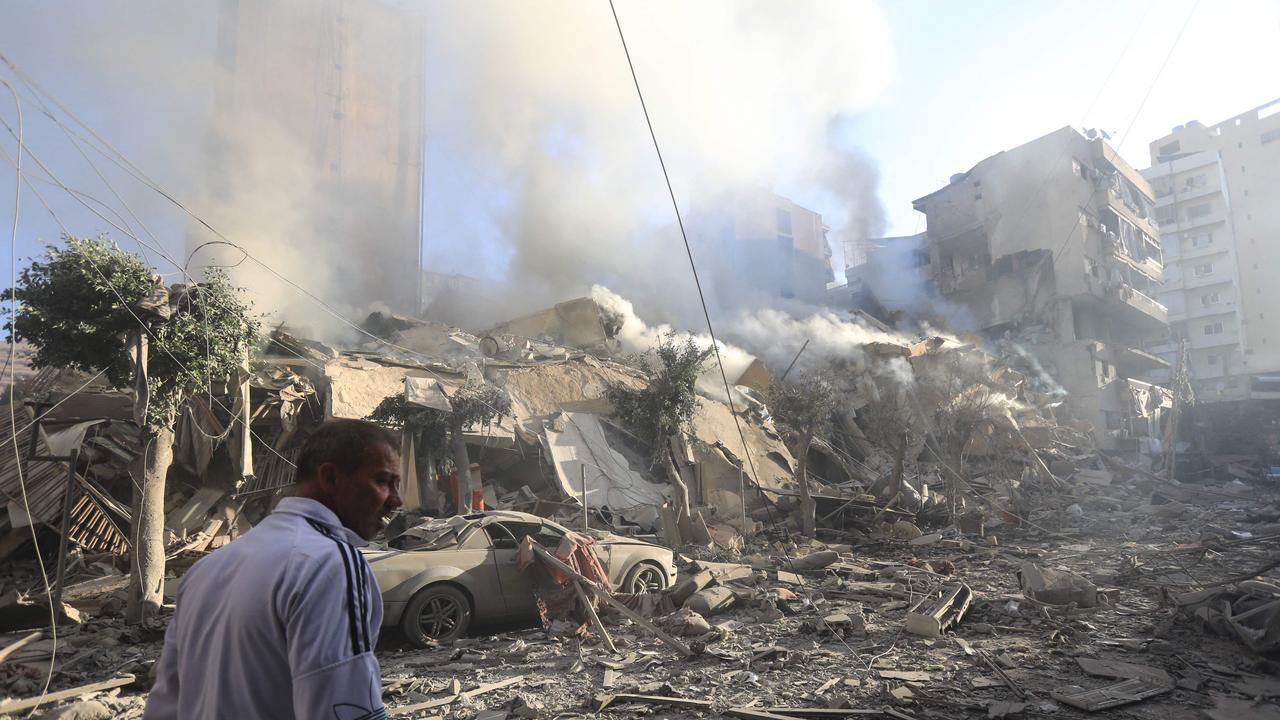
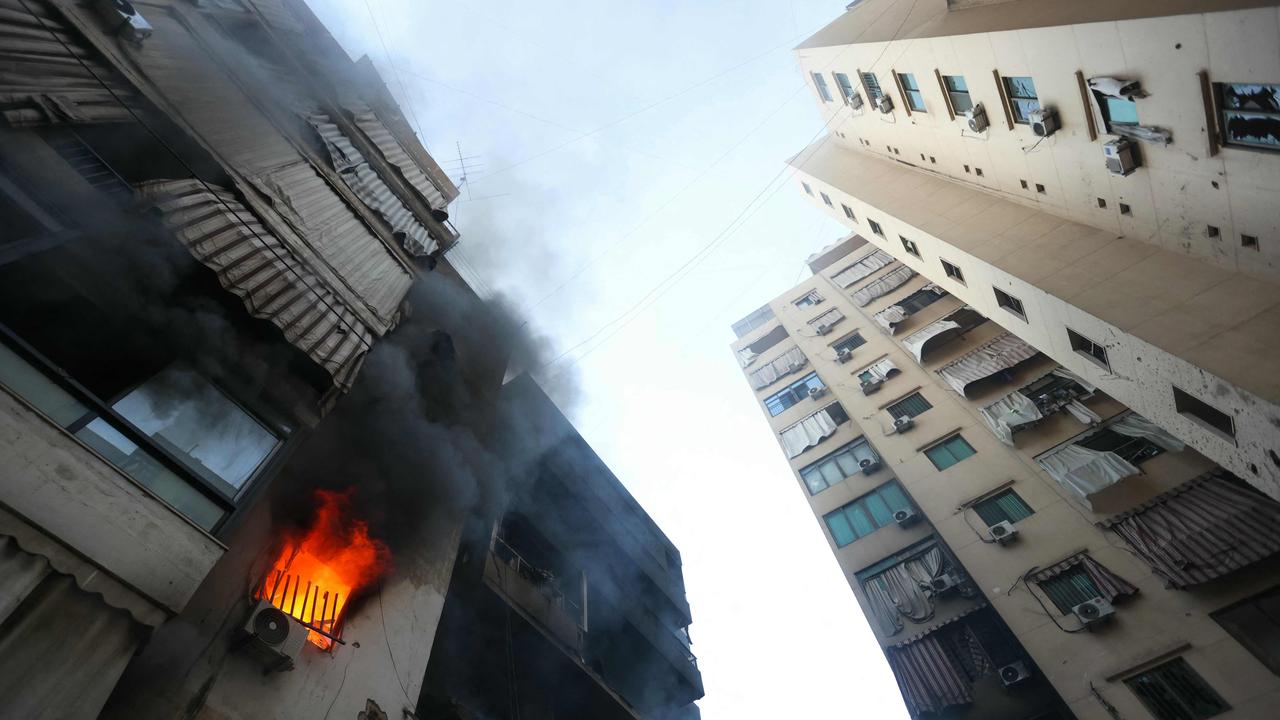
Both Iran and Hamas blamed Israel for Haniyeh’s killing. Israel has not commented on his death.
Meanwhile, Syrian President Bashar al-Assad said Saturday that Iran’s second-ever missile attack on Israel this week was a “lesson” for Israel, his office said.
The missile attack on Tuesday evening, just days after Israel killed the leader of Iran-backed Lebanese militant group Hezbollah, was “a strong response and taught the Zionist entity a lesson,” Assad was quoted as saying as Iranian Foreign Minister Abbas Araghchi visited Damascus.
Israel issues first Gaza evacuation warning in weeks
For the first time in weeks, the Israeli army warned residents to evacuate part of central Gaza on Saturday as it prepares to use “great force” against Hamas fighters in the area.
The evacuation call is the first in weeks for Gaza as the Israeli military has largely shifted its focus to fighting Hezbollah in Lebanon.
“Hamas and the terrorist organisations continue their terrorist activities within your area and, as a result, the IDF (military) will act with great force against these elements,” the evacuation order posted by the Israeli army said, with an attached map listing the blocks to be evacuated.
Palestinians living in areas near the Netzarim Corridor in central Gaza have been warned to evacuate under the latest order posted on X.
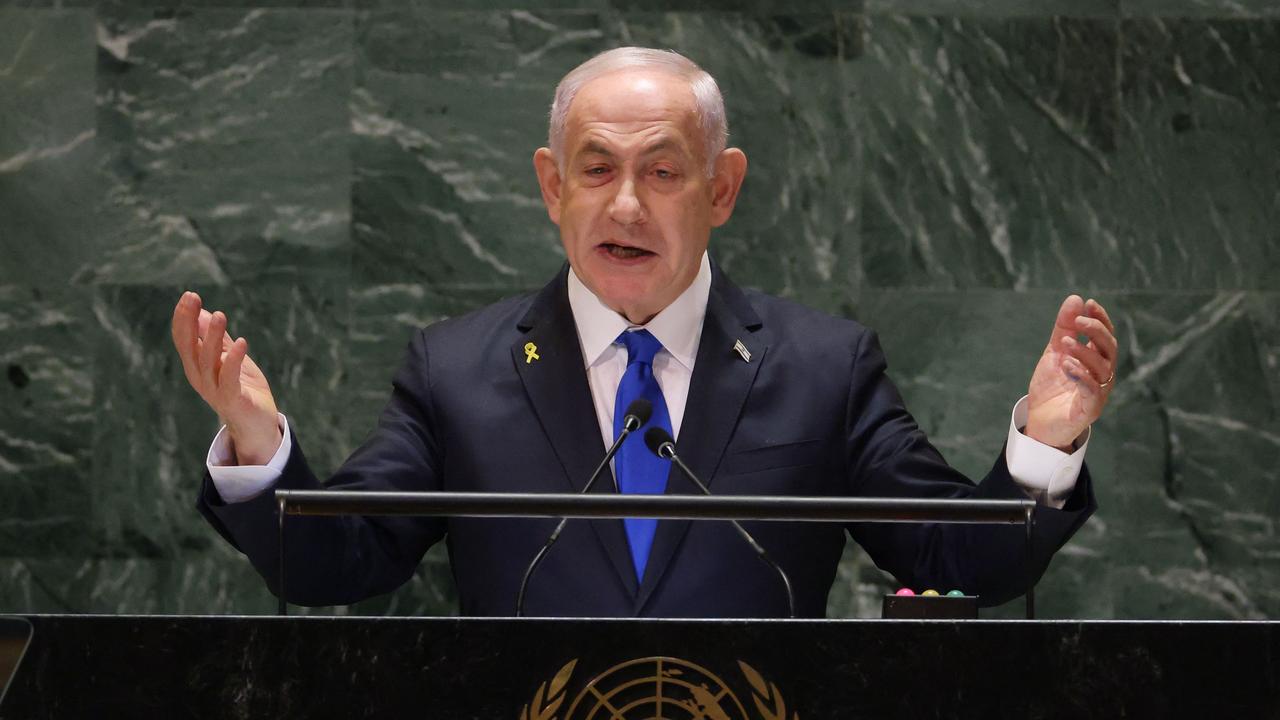
Israel has destroyed large swathes of Gaza since Hamas’s October 7 attack last year, with Prime Minister Benjamin Netanyahu repeatedly pledging to secure total victory over the militants.
A year later, the confirmed death toll from the Hamas attack - including hostages killed in captivity - has reached 1,205 on the Israeli side, most of them civilians, according to an AFP tally based on Israeli official figures.
Militants abducted 251 hostages during the attack, 97 of whom are still held in Gaza, including 33 the Israeli military has said are dead.
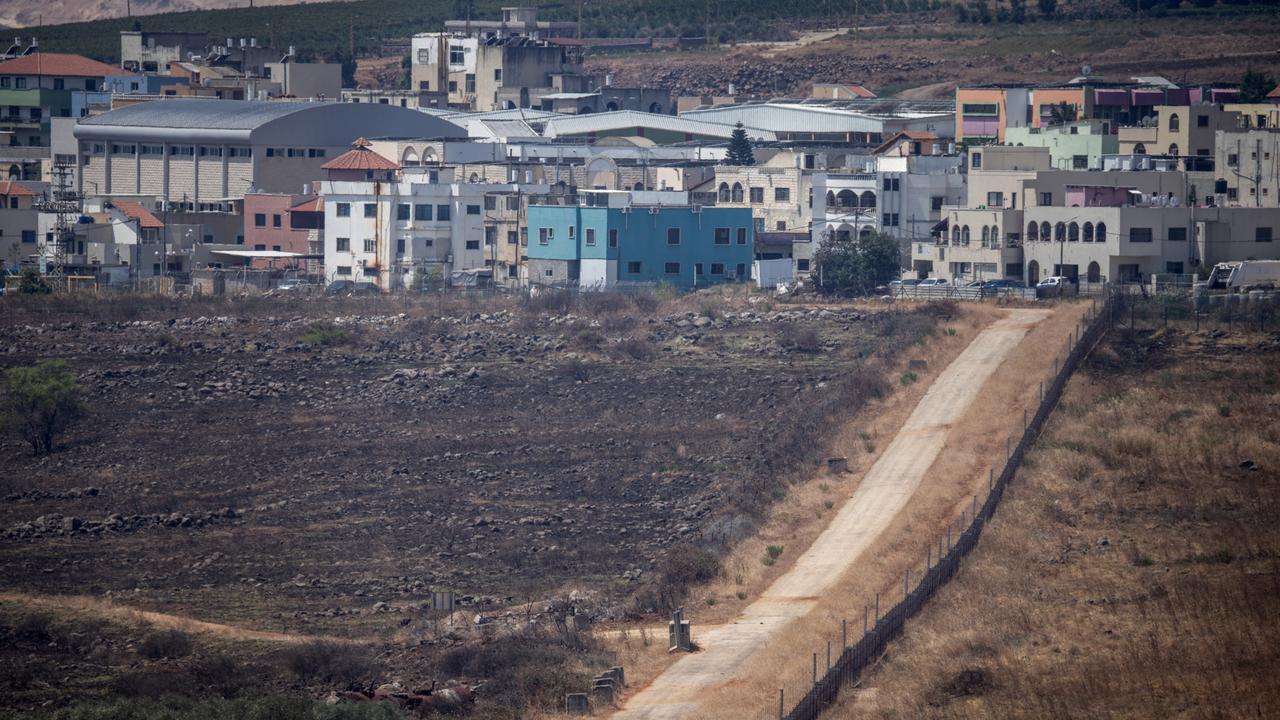
In Gaza, nearly all of its 2.4 million residents have been displaced at least once.
At least 41,825 people have been killed, most of them women or children, according to the territory’s health ministry. The United Nations has acknowledged the figures as reliable.
The Israeli military has often returned to areas where it has previously conducted operations in response to reports of resurgent Hamas activity.
‘Hit the nuclear’: Trump urges aggression
Donald Trump, who will become president again in January if he wins November’s election, has told Israel it should strike Iran’s nuclear facilities, contradicting the Biden administration’s attempt to dissuade the Israeli government from making such a move.
Mr Trump made the remarks while speaking at a campaign event in North Carolina.
“They asked (Biden), what do you think about Iran? Would you hit Iran? And he goes, ‘As long as they don’t hit the nuclear stuff.’ That’s the thing you want to hit, right?” he said.
“I think he’s got that one wrong. Isn’t that what you’re supposed to hit? I mean, it’s the biggest risk we have, nuclear weapons.
“When they asked him that question, the answer should have been hit the nuclear first, and worry about the rest later. If they’re going to do it, they’re going to do it. But we’ll find out, whatever their plans are.”
Earlier in the week, when asked whether he supported the idea of striking Iran’s nuclear facilities, Mr Biden responded: “The answer is no.”
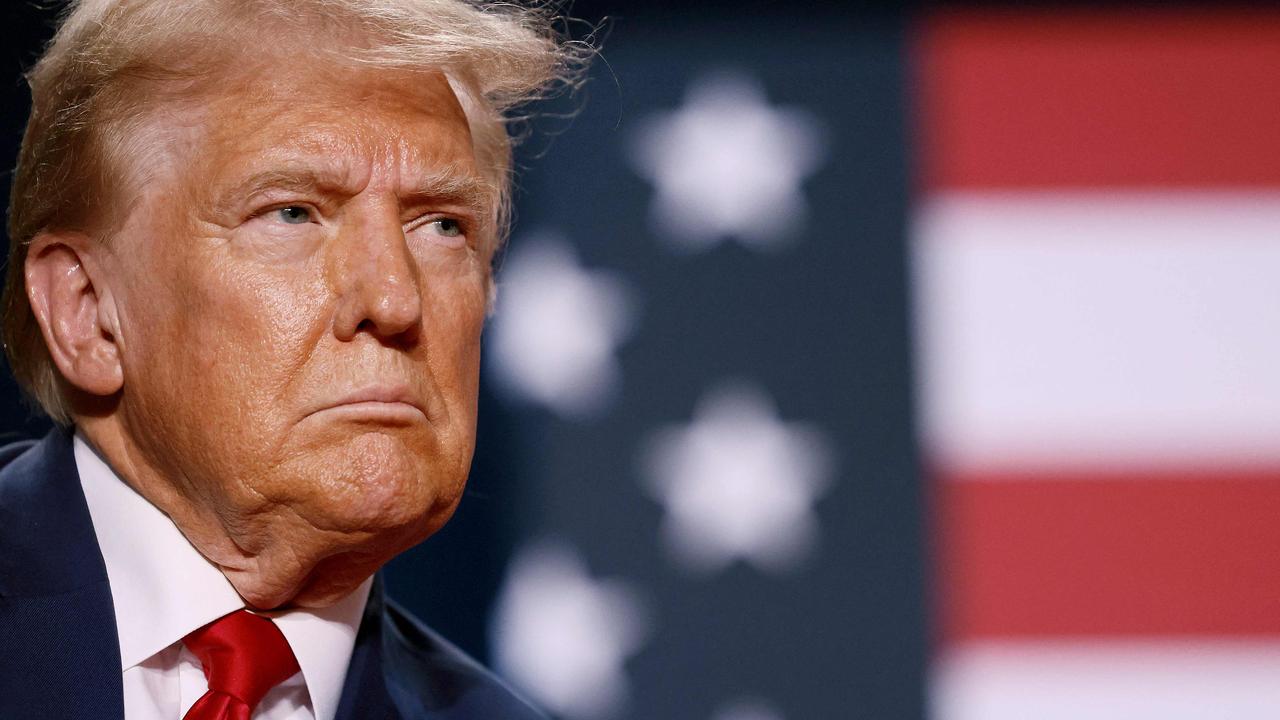
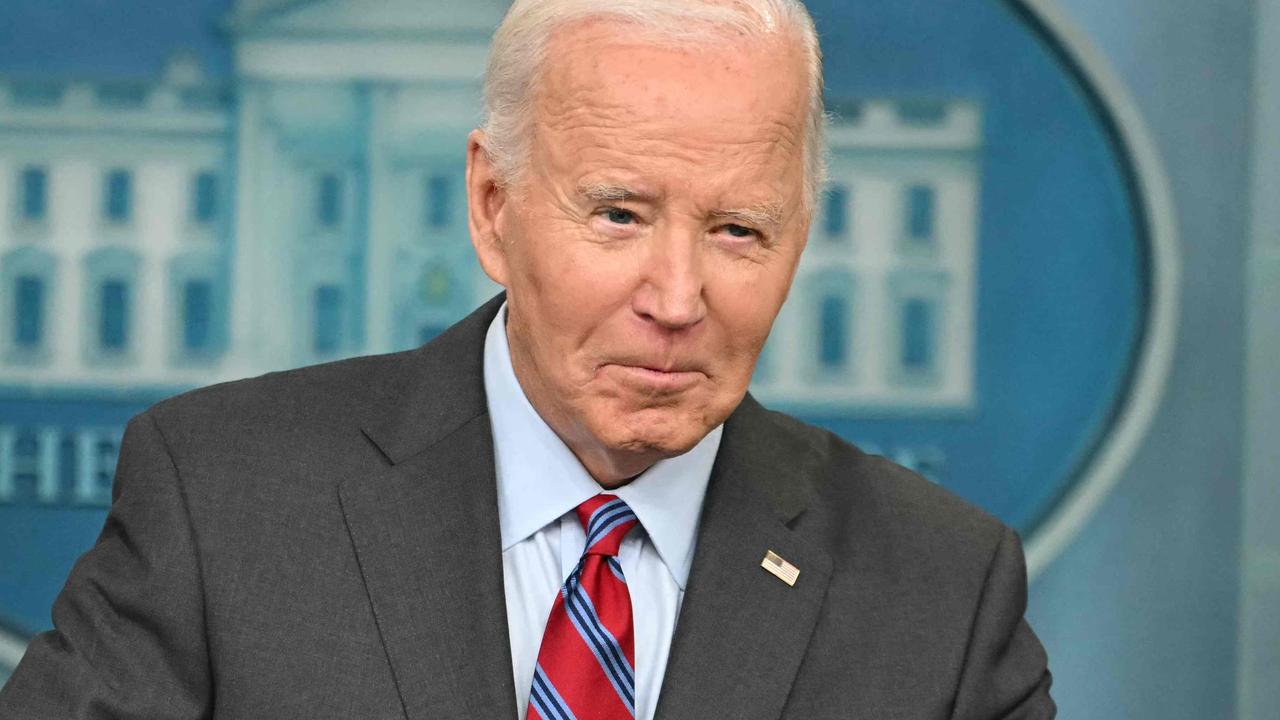
Hezbollah targets north Israel ‘military industries’ firm
Hezbollah said it lauched rockets at a defence company in northern Israel Saturday, the latest attacks after Israel intensified its bombing campaign, nearly a year into cross-border clashes with the group. The Iran-backed group said in a statement that it launched “a rocket salvo” towards a “military industries company” east of Acre.



